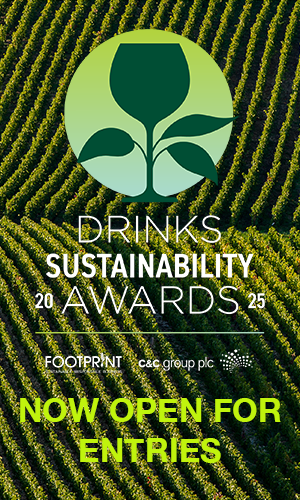THE AVAILABILITY of GM-free feed for poultry has been shrouded in mystery and contradictory information. Recently, four supermarkets ditched policies that had been in place for over a decade requiring suppliers to feed poultry 100% GM-free soya. Will foodservice companies now need to follow suit?
Here we ask two experts whether there really is enough GM-free soya for Britain’s poultry farmers.
Yes, says Peter Melchett – Soil Association, policy director
“Brazil produces enough non-GM soya to supply the whole of the EU, according to those selling non-GM soya in Brazil. This is confirmed by buyers of non-GM soya like the world’s second largest retailer, Carrfour in France, and by supermarkets in Germany and Austria.
UK supermarkets, with the honourable exception of Waitrose, claim non-GM is not available, but in truth are simply going for GM soya because it is cheaper. They don’t want to admit this because the horse meat scandal was caused by sourcing the cheapest ingredients, and supermarkets and food manufacturers promised their customers that they wouldn’t do this again.
Those in favour of GM say no GM from animal feed turns up in the final product, so why does this matter? Those making this claim are wrong. Several research studies have found that GM DNA in feed is taken up by the animal’s organs and is detectable in the milk, meat and fish that people eat. The Food Standards Agency recently confirmed this.
Some 67% of consumers want meat, eggs and dairy products from animals fed on GM feed clearly labelled. And 70% of consumers do not trust supermarkets on GM. Caterers also have to keep the trust of their customers, not least because there is still generally less information given about the origin and production of catered food. The Soil Association is calling for labelling of all produce from GM-fed animals, and urging those who want to avoid eggs and chicken fed on GM feed to buy organic.”
No, says Martin Humphrey – NFU poultry board member and feed compounder
“RECENTLY, MAJOR retailers bowed to the inevitable, and will not insist on non-GM soya in poultry diets. Most other retailers had moved in recent years.
Discount retailers use GM, and most retailers use GM for their beef sheep and pork supplies. Only poultry used non-GM soya, yet these feeds contain GM components in some smaller inclusion materials (such as vegetable oils), which have always been in these feeds.
Commercial non-GM soya is grown in Brazil, and the amount of GM grown has increased significantly in recent years.
As more GM is grown, it has become harder to segregate non-GM soya. Feed manufacturers test expensive non-GM soya and have found increasing GM contamination at ever-higher levels. Feeds that should have had non-GM soya have tested positive for GM soya DNA.
Two suppliers of non-GM soya have stopped supplying the UK – unable to guarantee their soya would be uncontaminated.
Poultry farmers are unlikely to benefit from these changes because retailers will drop the prices by the GM saving.
Following the horse meat scandal, retailers need to be honest and transparent about the foods they offer. The supply chain of importers, compounders, farmers, packers and retailers cannot guarantee that birds are fed non-GM soya anymore, bearing in mind the contamination issue.
The poultry sector still offers a non-GM option to consumers: organic. Amongst its benefits, organic has always been non-GM. Organic eggs and meat will remain non-GM, so the choice is still there.”












